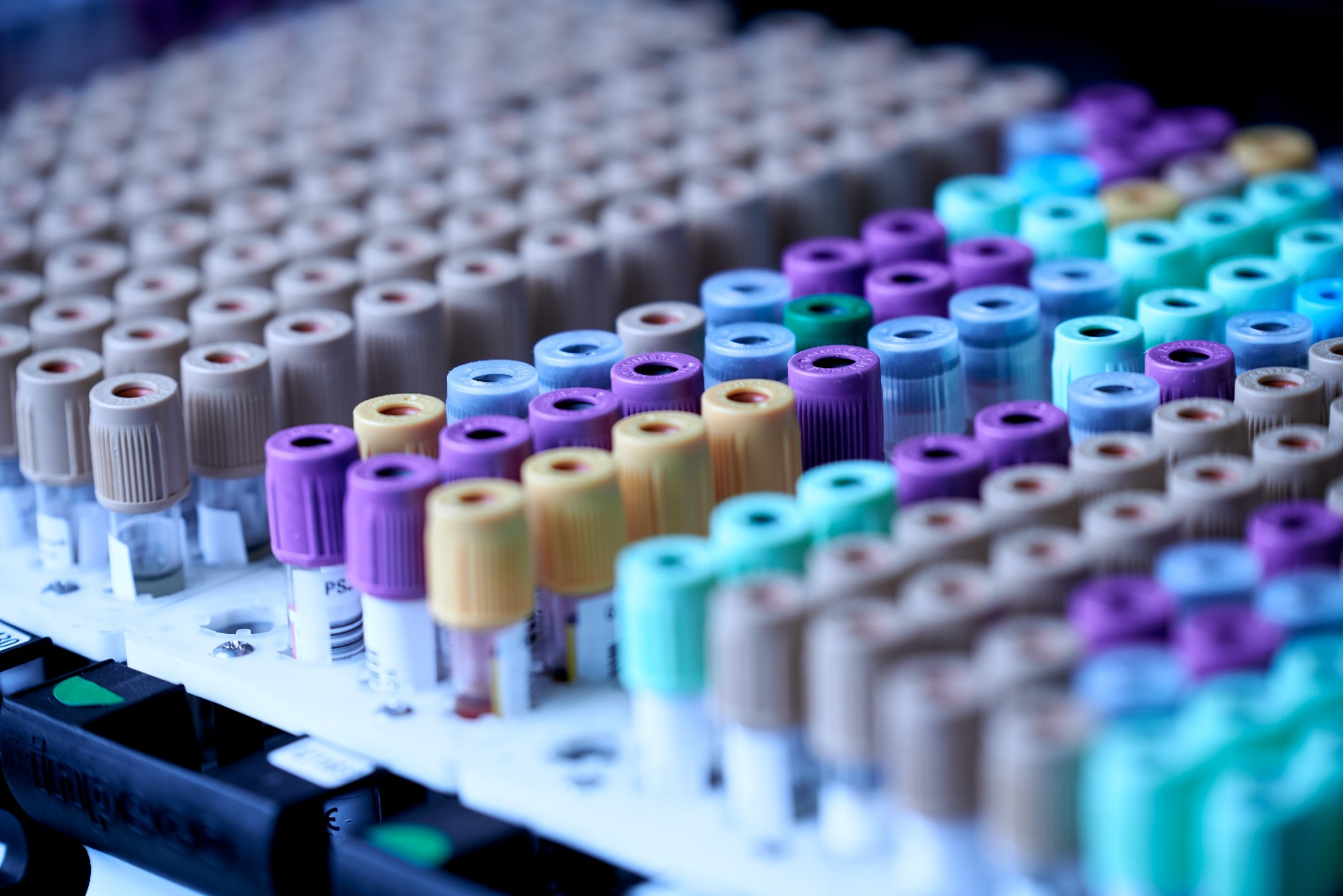
Your Detailed Guide to Coagulation Blood Tests

Some people develop blood-related disorders, such as clotting either too easily or having difficulty in doing so. A blood clot can become fatal if left untreated, and this is why coagulation blood tests are necessary. Continue reading this piece to learn more about coagulation blood tests, and get in touch with a lab phlebotomist.
What Is a Coagulation Test?
Blood vessels normally don’t cause blood to clot inside them, but when they do, they become a source of discomfort—and sometimes can become fatal too. Doctors prescribe a coagulation blood test to people who are prone to developing thrombosis. These tests determine how likely your blood is to clot, if you experience an injury or a disease.
Why Is It Done?
The main purpose of this test is to determine how likely you’re to develop a blood clot in your blood vessels, or have excessive bleeding in case of an external or internal injury. Clotting abnormalities are dangerous, and might even become fatal. If your doctor believes you have a clotting disorder, they’ll order some tests to determine the severity of the disorder, or to rule it out completely—depending on the test results. The different tests target different things, such as fibrinogen levels and blood platelet count.

What are the Types of Coagulation Tests?
There are several types of coagulation tests; some of them are:
Platelet Count: People who are on chemotherapy might have an abnormally low number of platelets; this means their blood can’t clot easily if they sustain an injury. Celiac disease and deficiency of Vitamin K in your body might also cause platelet count to drop, and lead to a blood clotting disorder.
Fibrinogen Levels: Our liver produces a protein known as fibrinogen, and this tests determines the amount of it in our blood. Fibrinolysis, placental abruption, and excessive bleeding can increase or decrease the level of fibrinogen in the body.
Thrombin Time: This test measures the efficiency of fibrinogen. If the tests show abnormality, it could either be due to a liver disease, cancer, or fibrinogen disorder.
Factor V Assay: If this test shows an unusually low amount of Factor V, a blood clotting agent, you might have liver disease, or primary fibrinolysis.
Do I Need a Blood Coagulation Test?
People who have a family history of blood related disorders must get a coagulation test done because they’re more likely to develop a clotting abnormality. Some people might develop a blood disorder due to other illnesses. Liver disease, for instance, or Vitamin K deficiency might affect the way fibrinogen functions.
Similarly, if a person takes blood thinning medicines for their heart problem, or are undergoing chemotherapy, they need a blood coagulation test. Doctors recommend these tests to people who complain about bruising easily, or pain, swelling, and stiffness in their body.
If you think you might be at risk of developing a blood clot, then get in touch with Phlebotomy on Wheels today. We are a mobile, blood lab in Baltimore and Maryland, and provide lab services in the comfort of your home. Our Mobile Laboratory Services in Maryland can help you in getting your coagulation blood test done efficiently. Tap here to learn more about our services.


